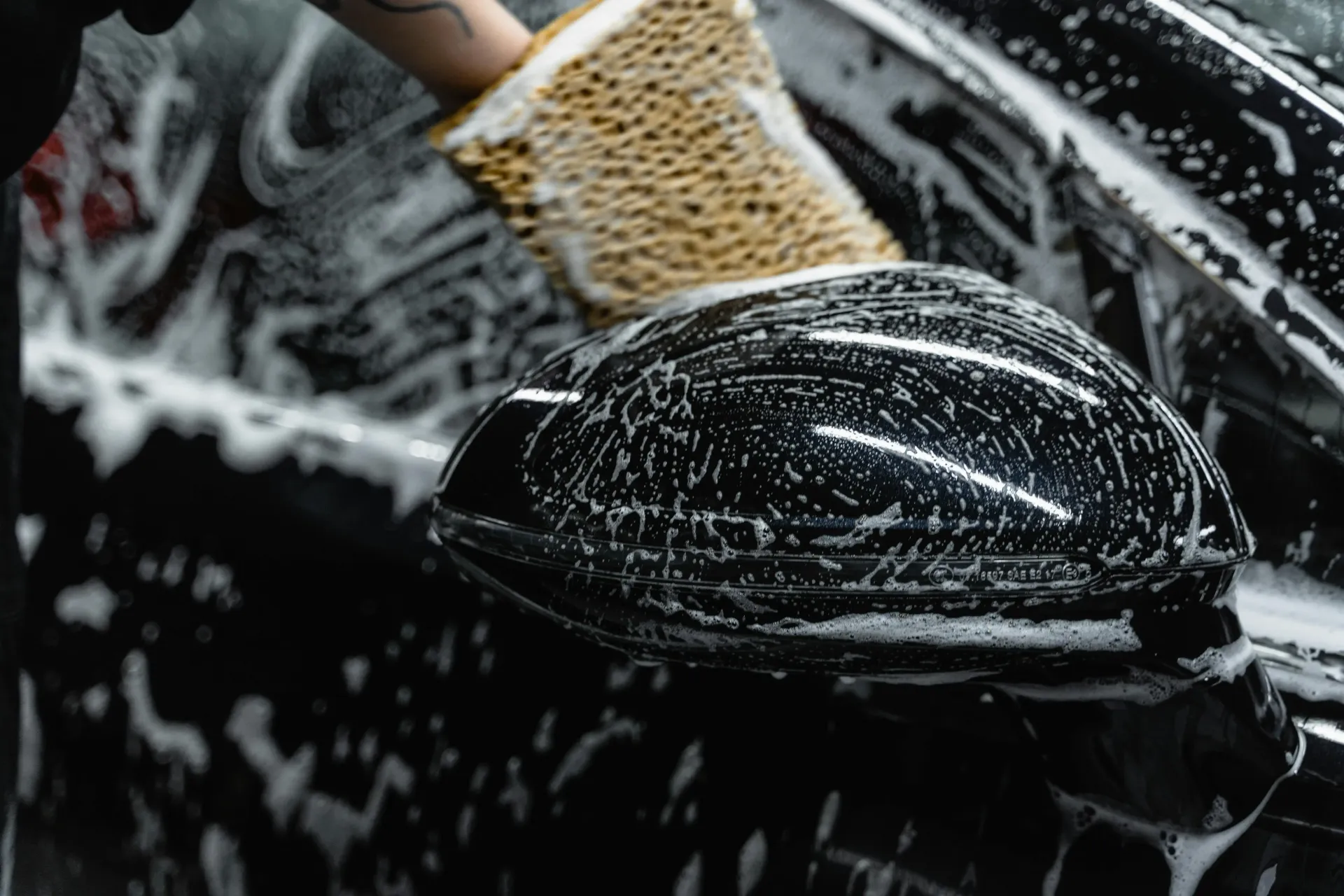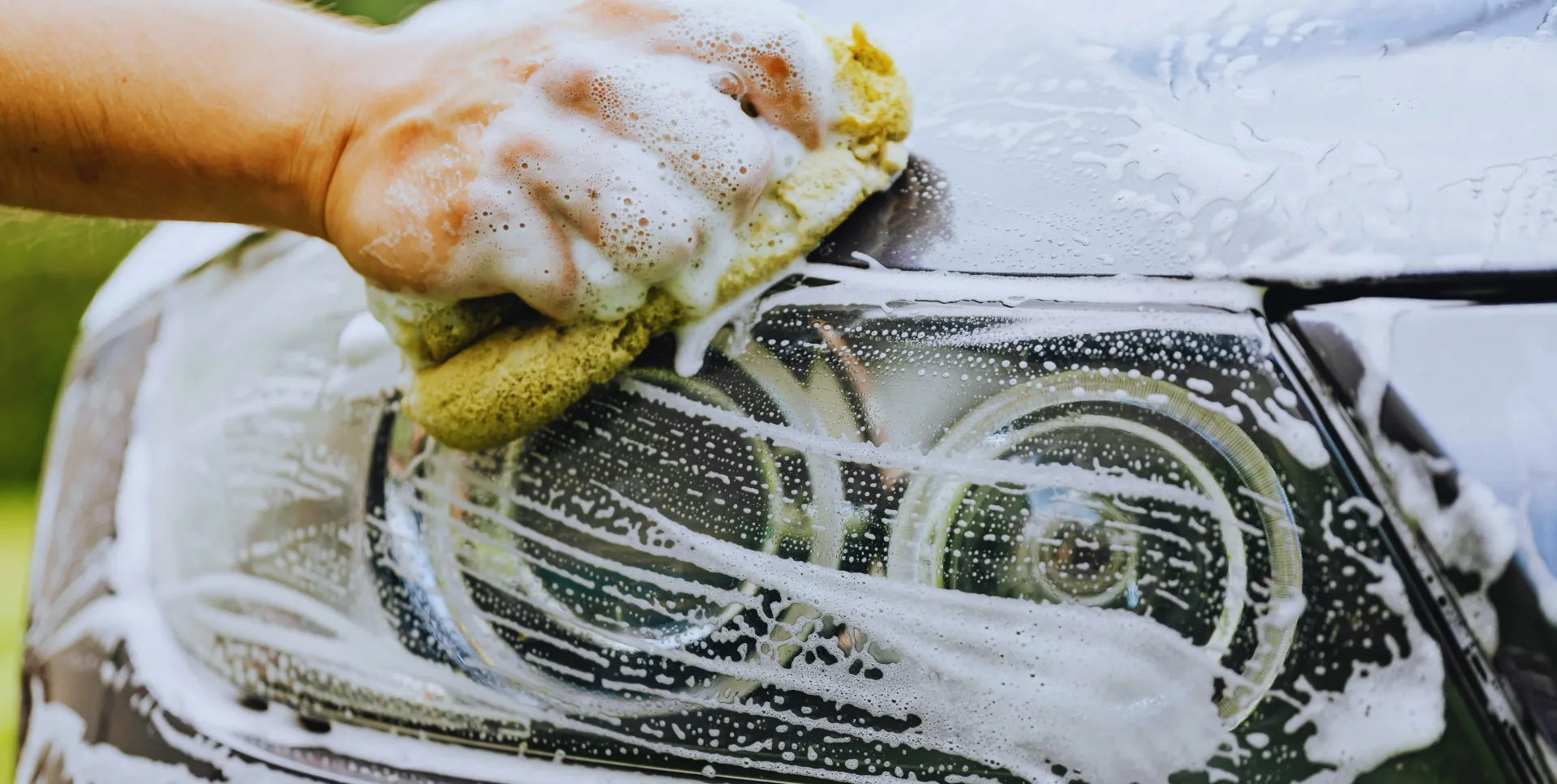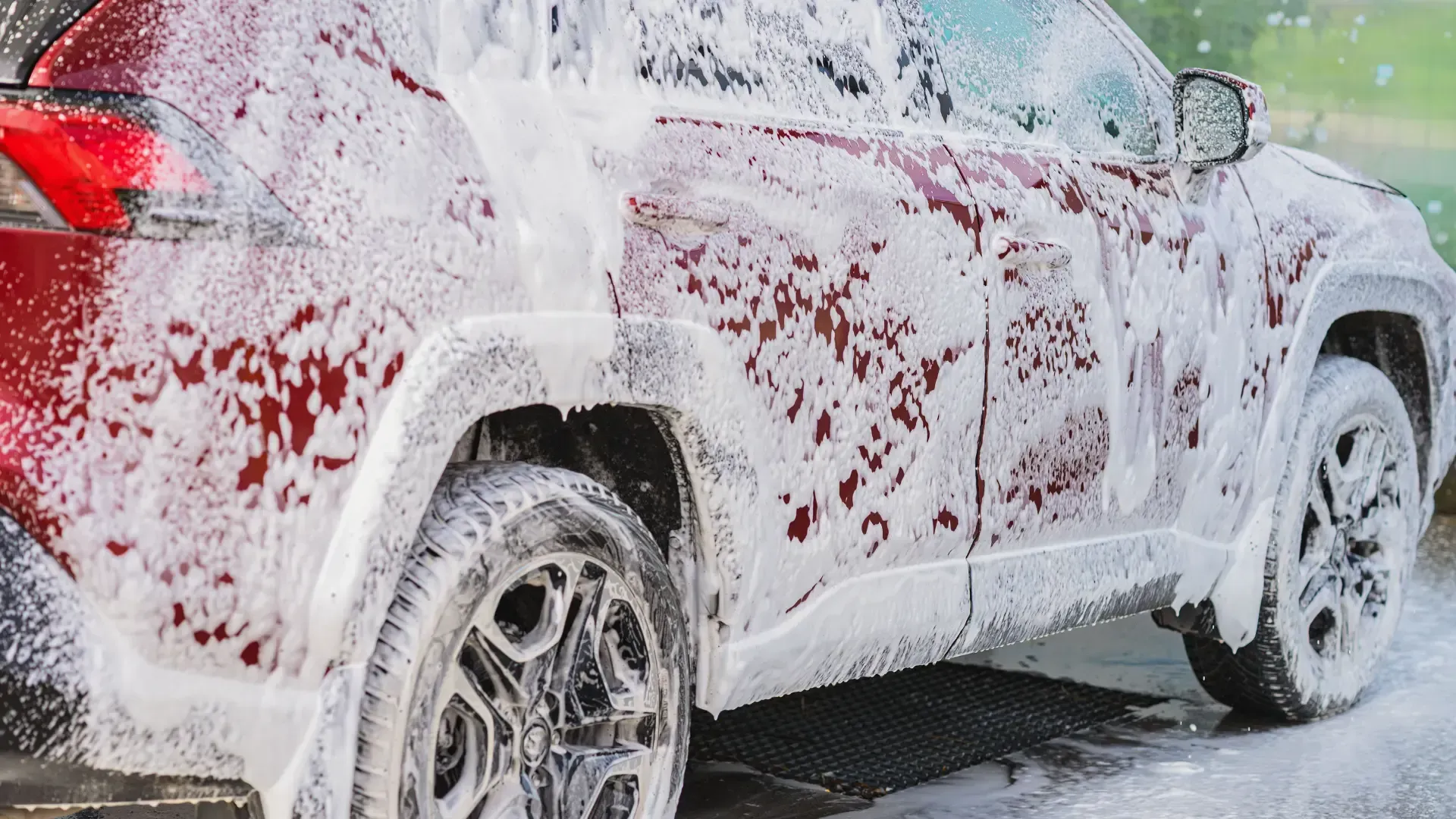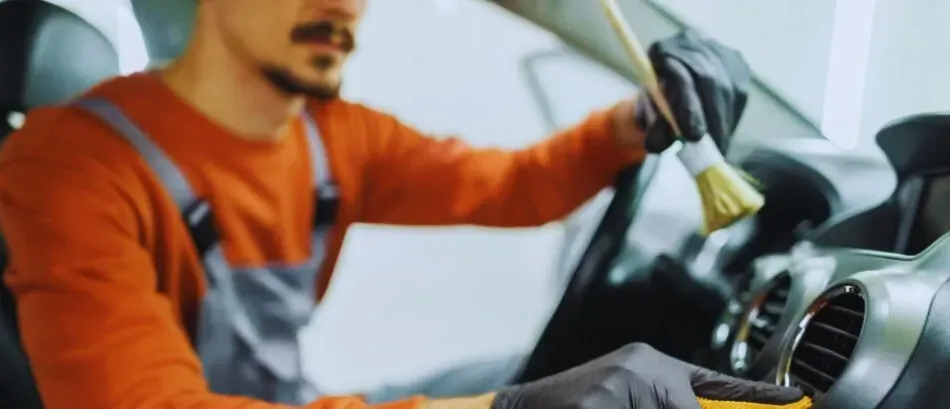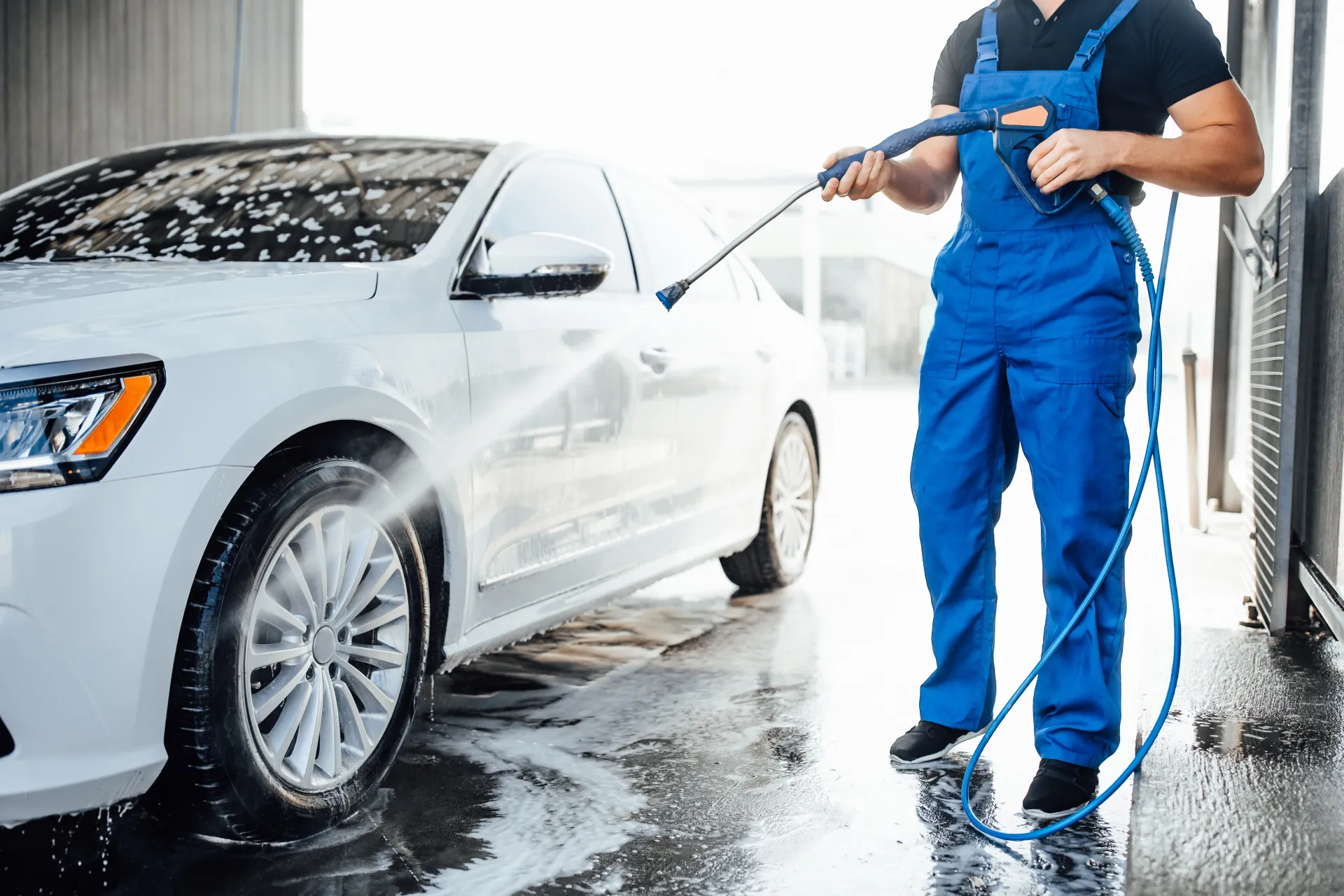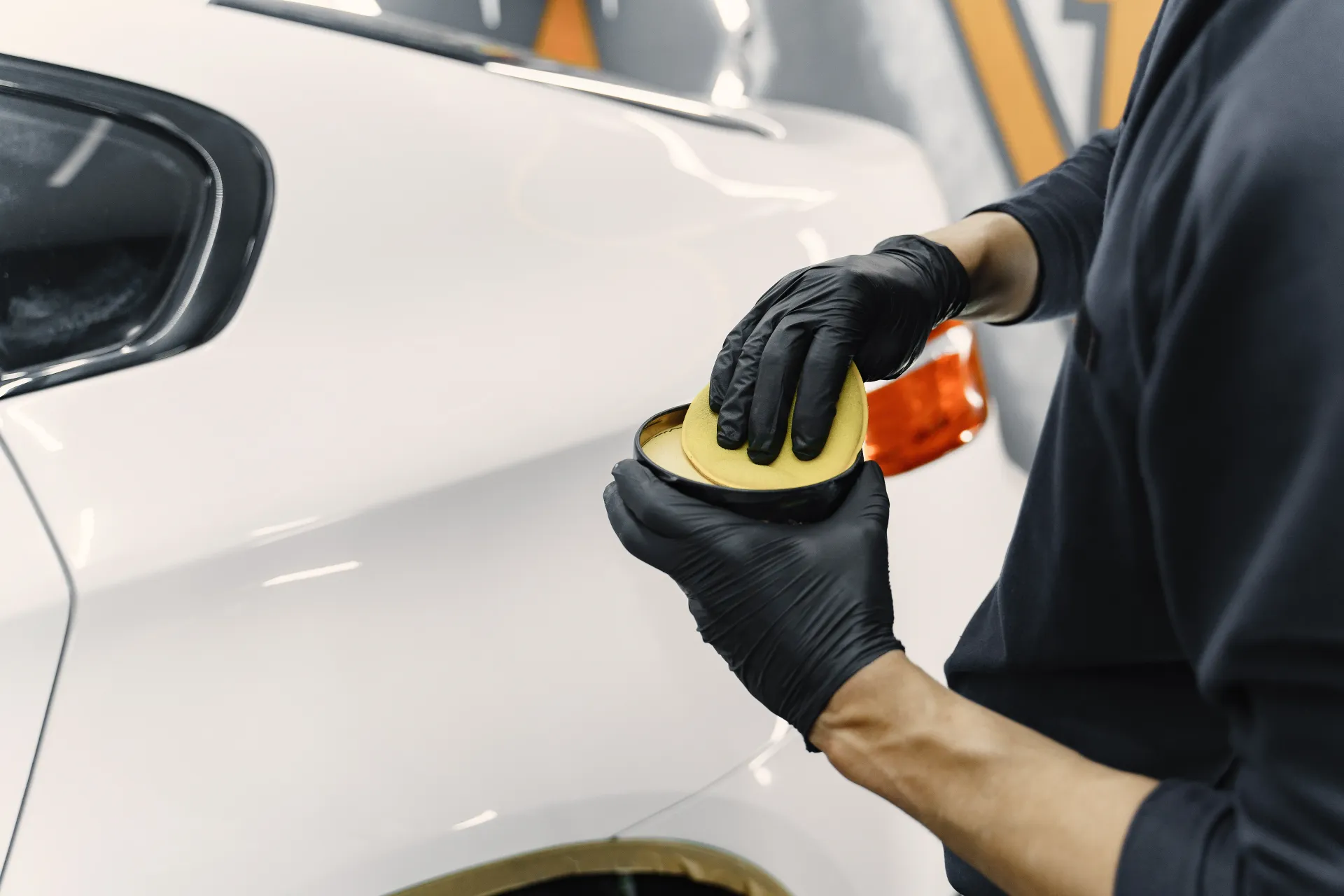From Stains to Smells: Knowing When to Clean Your Car Upholstery
Your car’s upholstery is more than just a place to sit—it’s a reflection of how well you care for your vehicle. Over time, small stains and subtle odors can build up into bigger problems, impacting not only the look and feel of your interior but also your health and the value of your car. From that coffee spill on Monday morning to the faint scent of fast food from last week, every mark and smell tells a story. The key is knowing when those stories need to be erased.
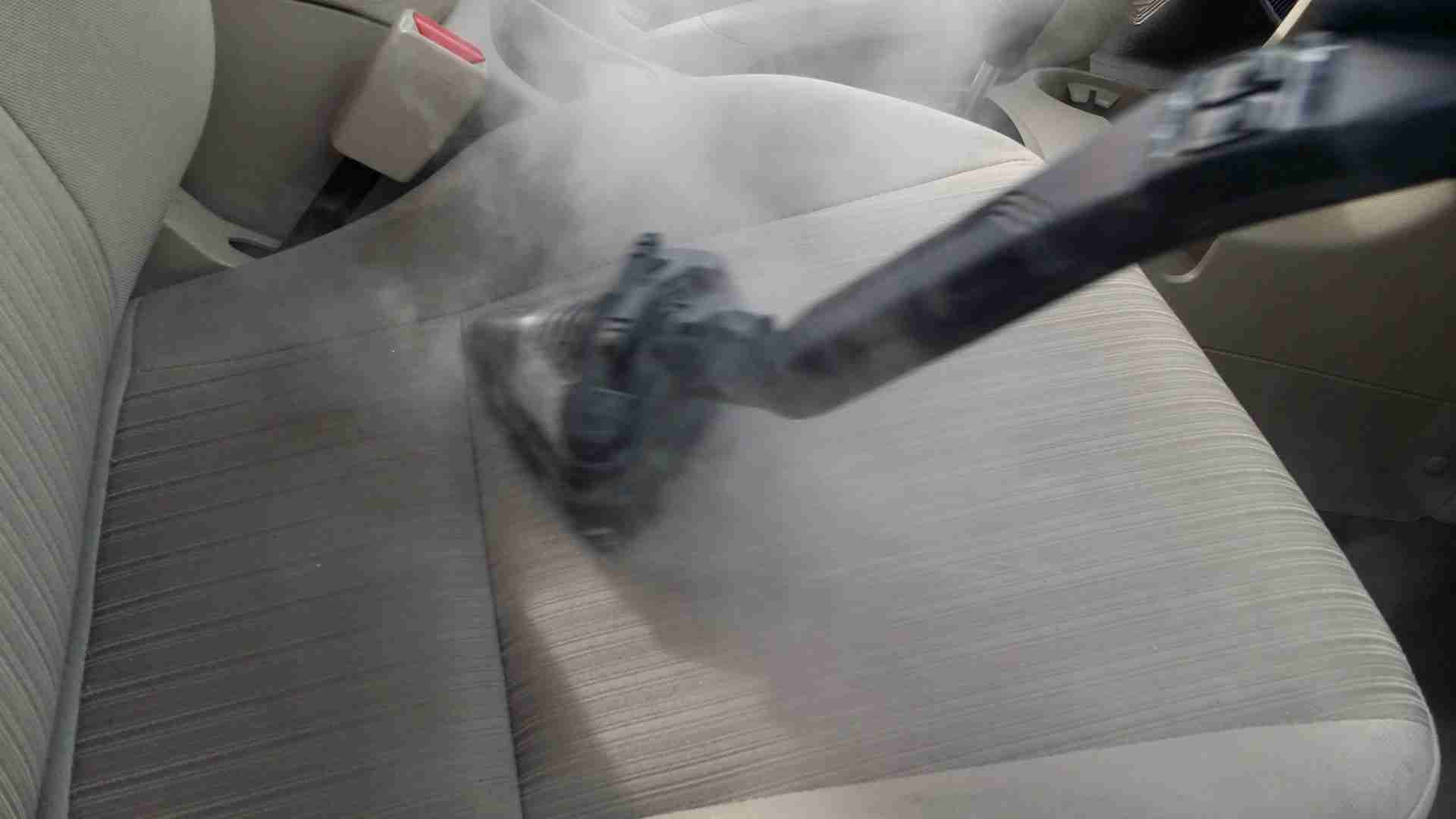
From Stains to Smells: Knowing When to Clean Your Car Upholstery
Most drivers don’t notice the need for cleaning until their interior looks bad or smells unpleasant. But the best time to act is before those problems become impossible to fix. The rule of thumb? If you see a stain or catch an odor more than once, it’s time to clean. This applies whether you’re driving a daily commuter, a weekend cruiser, or a family hauler filled with snacks and sports gear.
Understanding the Causes of Upholstery Stains
Common Food & Drink Spills
Coffee, soda, ketchup—liquids can seep deep into upholstery fibers, leaving both stains and odors.
Dirt, Mud, and Outdoor Debris
Rainy days, hiking trips, or beach outings can track all sorts of grime into your car seats.
Accidental Ink & Dye Transfer
Pens can leak, and new jeans can leave blue dye streaks if the fabric rubs against the seats.
The Hidden Dangers of Ignoring Stains
Permanent Discoloration
The longer you wait, the harder it becomes to restore your upholstery’s original look.
Mold & Bacteria Growth
Moisture trapped in fabric is the perfect breeding ground for harmful microbes, leading to unpleasant smells and potential health risks.
Recognizing Odors in Car Interiors
Sources of Foul Smells
Pets, smoke, fast food, and even spilled milk can cause lingering scents.
How Smells Linger in Fabric
Upholstery fibers absorb and hold odors, making them hard to remove without deep cleaning.
How Often Should You Clean Car Upholstery?
Daily Drivers vs. Occasional Use
Daily drivers benefit from monthly light cleaning and quarterly deep cleaning. Weekend cars may only need seasonal upkeep.
Seasonal Cleaning
Summer heat can amplify smells, while winter often brings mud and salt—both good reasons for seasonal detailing.
DIY Upholstery Cleaning Techniques
Vacuuming Tips
Use a crevice tool to reach between seat seams where dirt hides.
Homemade Cleaning Solutions
A mix of warm water, mild dish soap, and a soft brush can handle most light stains.
Professional Upholstery Cleaning Services
For deep stains or stubborn smells, experts have specialized tools and products. Services like Mobile Auto Detailing bring professional-grade results right to your driveway, saving you time and effort.
Choosing the Right Cleaning Products
Fabric-Safe Detergents
Look for pH-balanced cleaners that won’t damage your seats.
Avoiding Harmful Chemicals
Some harsh solvents can weaken fabric or cause discoloration.
The Role of Preventive Maintenance
Seat Covers & Mats
Protective covers catch spills before they hit the upholstery.
Quick Response to Spills
Blot immediately—don’t rub—to avoid pushing stains deeper.
When Stains Mean Immediate Action
Fresh vs. Dried Stains
Fresh stains lift more easily, while dried ones may require multiple treatments.
Special Cases Like Blood or Oil
These require immediate and specialized cleaning methods to prevent permanent damage.
Odor Elimination Methods
Baking Soda & Natural Remedies
Baking soda absorbs smells when left overnight on fabric.
Steam Cleaning for Deep Smells
Steam penetrates upholstery fibers, killing bacteria and neutralizing odors.
How Upholstery Cleaning Impacts Car Value
Resale Benefits
A clean interior can boost your car’s market value.
First Impressions for Buyers
Shoppers often decide within seconds if a car “feels right,” and cleanliness plays a big role.
Eco-Friendly Upholstery Cleaning Tips
Non-Toxic Cleaners
Safe for children, pets, and the environment.
Water-Efficient Methods
Foam cleaners reduce water use without sacrificing results.
Common Myths About Car Upholstery Cleaning
- Myth: Cleaning too often wears out fabric.
Fact: Gentle cleaning actually extends the life of upholstery. - Myth: Air fresheners remove smells.
Fact: They mask odors without solving the problem.
Mobile Upholstery Cleaning Options
Mobile services save you from having to drive to a shop. With companies like Mobile Auto Detailing, you can get professional results without leaving home.
When to Seek Professional Help
If your car still smells or stains keep returning, it’s time to call in experts. You can easily reach pros through their Contact page to book a cleaning session.
FAQs
How can I prevent stains in the first place?
Use seat covers, avoid eating in your car, and keep cleaning wipes handy.
What’s the best way to remove coffee stains?
Blot immediately with a paper towel, then use a mild soap and water mixture.
Can professional cleaning remove pet hair and odor?
Yes, pros have specialized tools to remove embedded hair and neutralize smells.
Is steam cleaning safe for all upholstery?
It’s safe for most fabrics, but always check the manufacturer’s recommendations.
Why does my car still smell after cleaning?
The odor source may be deep inside the padding, requiring multiple treatments.
Can I use vinegar for cleaning?
Yes, diluted vinegar can help remove smells, but rinse thoroughly to avoid lingering scent.
Conclusion
From stains that set in to odors that won’t quit, the key to maintaining fresh, clean car upholstery is acting early. Whether you tackle the job yourself or call in a professional, regular care protects your investment, keeps your interior comfortable, and makes every drive more pleasant. Don’t wait until your nose tells you it’s too late—clean today for a better ride tomorrow.
